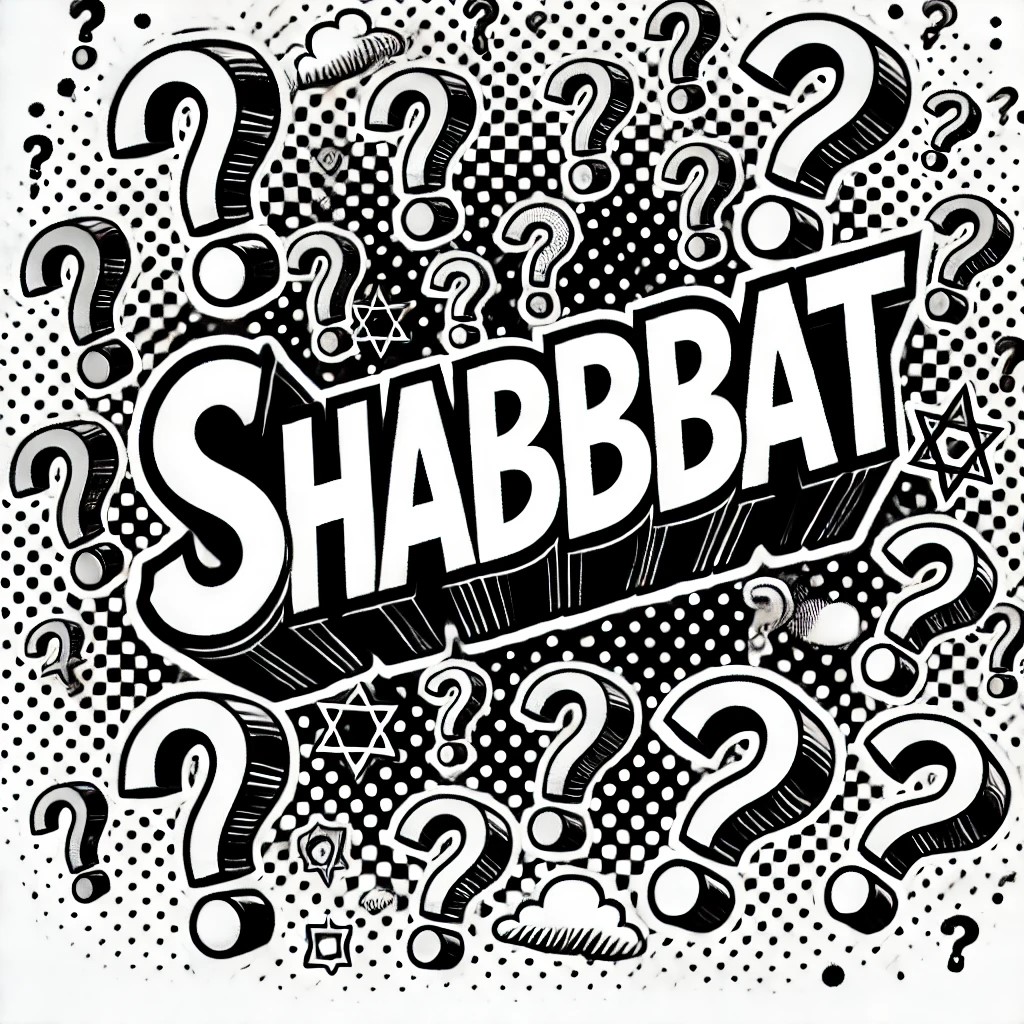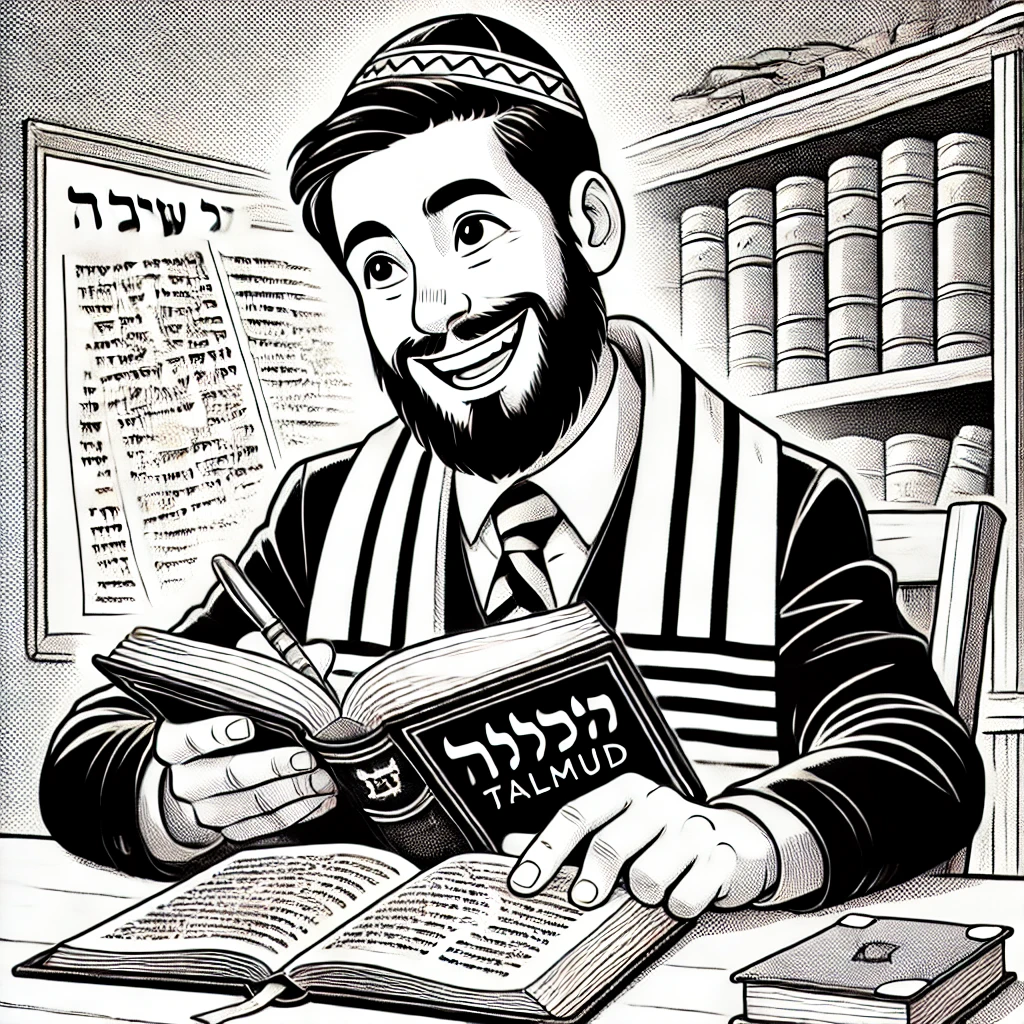By Eman Chayim
Our generation struggles with an identity crisis—not because we lack identity, but because we resist labels while constantly labeling others. Unlike past generations, where external forces often reinforced Jewish identity, today’s open society allows us to define ourselves. However, in our search for meaning, we often shift focus from self-discovery to categorizing others, creating unnecessary divisions.
The Danger of Labels
Labels like Modern Orthodox, Yeshivish, Chassidish, Carlebachian, Religious Zionist, Traditional, Chabad, or Secular attempt to describe religious affiliation, but they often serve as barriers rather than meaningful identifiers. These classifications, while useful in certain contexts, can foster judgment and exclusion.
We see this labeling everywhere:
- A man in a knitted kippah is dismissed as “not serious enough.”
- A black-hat wearer is assumed to be “too rigid” or “ultra-Orthodox.”
- Someone who blends into secular culture is labeled as “not religious.”
Each time we place someone in a category, we risk distancing ourselves from them. Instead of seeing a fellow Jew, we see a stereotype.
An Open Society: A Challenge and an Opportunity
In the past, Jewish identity was often reinforced by external forces. In Eastern Europe, a Jew could not forget his heritage—his Christian or Muslim neighbor would remind him, often through discrimination. Marrying outside the faith was virtually impossible.
Today, we live in an era where interfaith relationships are accepted, and religious boundaries are increasingly blurred. Without external pressures, the responsibility of maintaining Jewish identity falls entirely on the individual. This means we must actively define what Judaism means to us.
Is Judaism merely about eating matzah on Passover and attending the occasional family gathering? Or is it a vibrant, meaningful way of life that permeates every aspect of our existence? If we don’t answer these questions for ourselves, the world around us will decide for us.
The Paradox of Religious Pride
Many who embark on a journey to strengthen their Jewish identity find great meaning in it. However, a common mistake occurs when people assume their approach is the only correct one. They proudly embrace their chosen path—whether it be Yeshivish, Chassidish, Modern Orthodox, or something in between—but then look down on others who connect to Torah differently.
Instead of unity, we create division:
- A newly observant Jew criticizes his family for not keeping Shabbat “properly.”
- A Yeshiva student dismisses a Modern Orthodox Jew as being “too lenient.”
- A Chassid questions the sincerity of someone who doesn’t follow their customs.
This cycle of judgment distances us from each other, making our spiritual growth a source of conflict rather than connection.
The Jewish People: A Unified Body
The Jewish nation is often compared to the human body—each part serves a unique and essential function. Some Jews are the hands, engaged in action and service. Others are the feet, driving forward motion and progress. Some are the mind, providing leadership and learning. And yes, some may feel like the earlobes—seemingly passive, yet still necessary for the body’s completeness.
Instead of looking down on those who seem less observant or different, we must recognize that every Jew has a role in the nation of Israel. No one is “useless” or undeserving of respect.
Shifting the Focus
If we focus on ourselves—on strengthening our own relationship with Torah and Hashem—we will have no time to judge others. Judaism was never meant to be about fitting into a category; it is about living a meaningful and purpose-driven life.
Let us break free from the limitations of labels. Instead of using them to divide, let’s focus on what unites us. In doing so, we can build a stronger, more connected Jewish people—one that embraces diversity while remaining rooted in our shared heritage.



